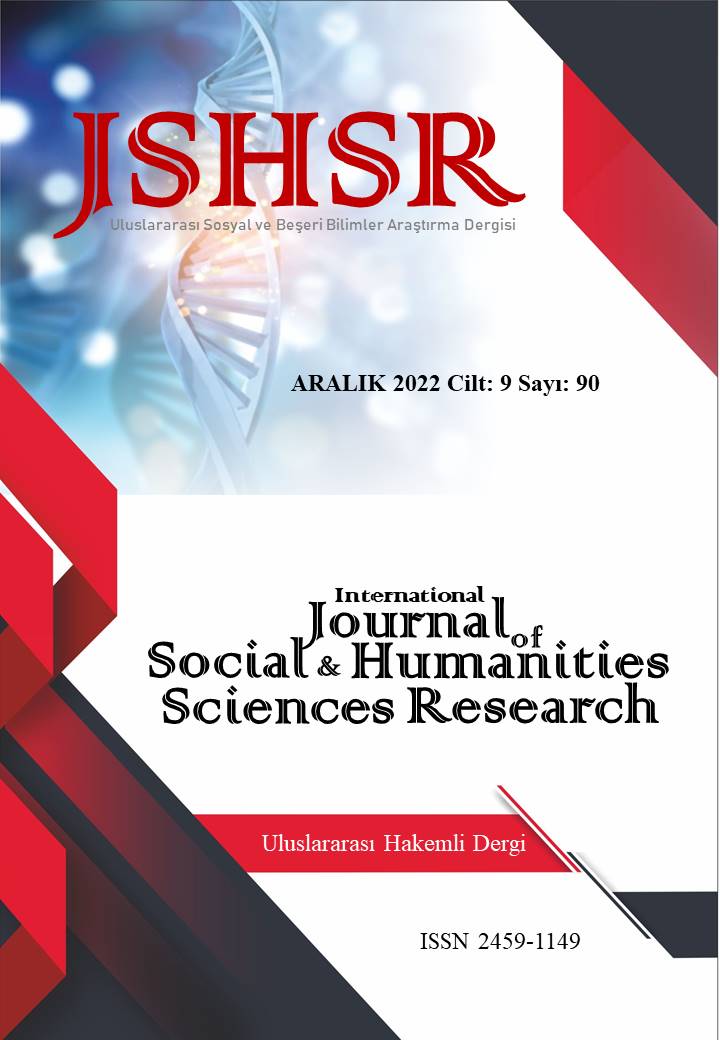A CULTURAL VALUE ON THE VERGE OF DISAPPEARING: HISTORICAL WATER MILLS IN ULUS (BARTIN) DISTRICT
DOI:
https://doi.org/10.26450/jshsr.3380Keywords:
Mills, Water mills, Mills of Ulus District, BartınAbstract
In this study, the historical water mills, which are among our cultural values that begin to disappear with the developing technology, have been addressed specifically to the district of Ulus (Bartın Province). The traditional water mills have fulfilled a very significant mission for many years. Mills are the venues where the crops, which are transported to the warehouses after the blending process is completed, are grounded, crushed, or turned into flour so that they can be offered for consumption. The water mills, which are the output of a rich accumulation from the place of establishment, to the architectural style, from the working order to the production process, have come to preserve their functionality until quite recently and have been the subject of folk songs, idioms, and proverbs as a part of cultural and economic life. While the Ulus district of Bartın province was a place that had a functioning water mill in almost every village and a place that had a river or stream passing near or around it almost a quarter of a century ago, some of these mills, in this day and age, have been destroyed and some of them are left to be demolished. Nevertheless, there still exists a few mills that have survived to this day and are up and running. While these mills continue their traditional functions to meet the needs of the local people, they have also begun to undertake a function to meet the increasing demand for healthy and natural diet.
Downloads
Published
How to Cite
Issue
Section
License
Copyright (c) 2022 INTERNATIONAL JOURNAL OF SOCIAL HUMANITIES SCIENCES RESEARCH

This work is licensed under a Creative Commons Attribution 4.0 International License.


